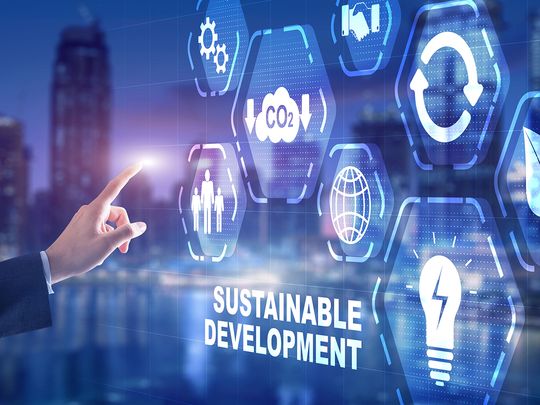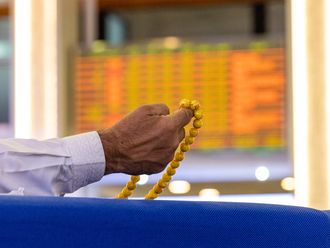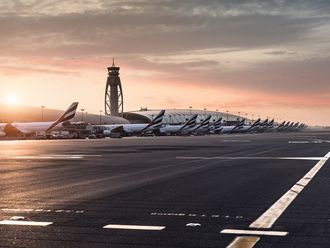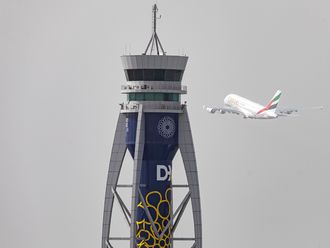
COP28, hosted in the UAE, was characterised by more transparency than ever before. It started with a historic agreement on how to fund reconciliation projects for losses and damage caused by climate change.
It ended with broad agreement on issues that was widely claimed to herald the ‘beginning of the end’ of the global dependence on fossil fuels.
Nations came together on issues such as the Global Goal on Adaptation (GGA) and the need to unify efforts on climate and biodiversity crises.
Amid this progress, in a significant step to address the global $18trillion investment gap, His Highness Sheikh Mohamed bin Zayed Al Nahyan, President of the UAE and Ruler of Abu Dhabi, announced the $30 billion fund for global climate solutions that the government hoped would attract $250 billion of investment by 2030.
Now the torch has been passed to the Azerbaijan government which has been on the road to shifting from an oil resilient economy for a while. The National Priorities for Socio-Economic Development initiative has set a target of increasing the non-oil contribution to GDP by 130% by 2026 through digitalisation, signifying a turn towards a green economy. We can see the efforts in that capacity are acknowledged by the global community.
With that we intend to honour the UAE’s legacy.
Paper ‘trial’
Digitalisation and paperless government are vital steps on the road to a sustainable economy. The work done by the UAE public sector has significantly reduced many types of environmental impact. Meanwhile, digital transformation has played a major role in streamlining government operations.
It has allowed agencies to reduce their reliance on physical resources and improve efficiency, which is a win for cost managers but also for the citizens and residents that rely on those agencies’ services.
COP28 will live on as the conference that inspired digital and paperless government. We shall remember, for example, its paperless strategy that aims to eliminate paper use in government transactions and already helps save 2,000 trees per year. We shall remember that by digitising and migrating more than 1,800 public services onto cloud-based platforms, the UAE government has not only reduced its carbon footprint but also enhanced G2G integration.
Gains like these are proof-positive that sustainability and efficiency can go hand in hand.
Just like the UAE, we have aimed to reduce bureaucracy and the environmental side-effects of government processes. The Innovation and Digital Development Agency (IDDA) has been established to spearhead Azerbaijan’s ongoing efforts in driving innovations to make society function for its people.
We established a paperless public-services ecosystem with ambitious KPIs of becoming a fully paperless country in the following years; we digitised public services through the mygov digital governmental platform that already offers over 400 online services and three life events available in digital format, introduced Digital ID which reduces the need for physical ID cards and thus minimizes the use of paper.
Another project — digital bridge — is aimed to speed up the data circulation between different ministries by digitising them. The RSD system introduced as a gateway for those purposes already saves more than 2,000 trees annually.
The public sector is united in our efforts to pursue and realise Azerbaijan’s broader strategy to align the goals of the government with global sustainability goals.
Legacies that last
The IDDA exists to reinforce the central role technology must play in our shared fight against climate change. Digitalisation can have widespread influence on people’s everyday lives — how they work; how they play; how they shop and seek healthcare and manage their finances.
The socioeconomic benefits of digitalisation include equitable access to public services, to be sure. But they can also include the fostering of long-term inclusive growth as more jobs — and indeed, more job categories — are created.
IDDA has co-organised a number of events to discuss the challenges and opportunities that the world is facing, including the Eleventh Systemic Innovation Workshop that brought together cities, counties, and global solution providers to design transformative strategies, spotlighting solutions that resonate with the region’s ambitious climate goals.
We believe that the COP29 in Azerbaijan is our opportunity to highlight the benefits of digitalisation and paperless government, as well as innovation that builds on those. As we remain together in our international boat, we must look for ways in which we can row with less effort, while sharing knowledge and collaborating to survive and thrive.
We are all aware of the benchmarks. Let us achieve them as one.













